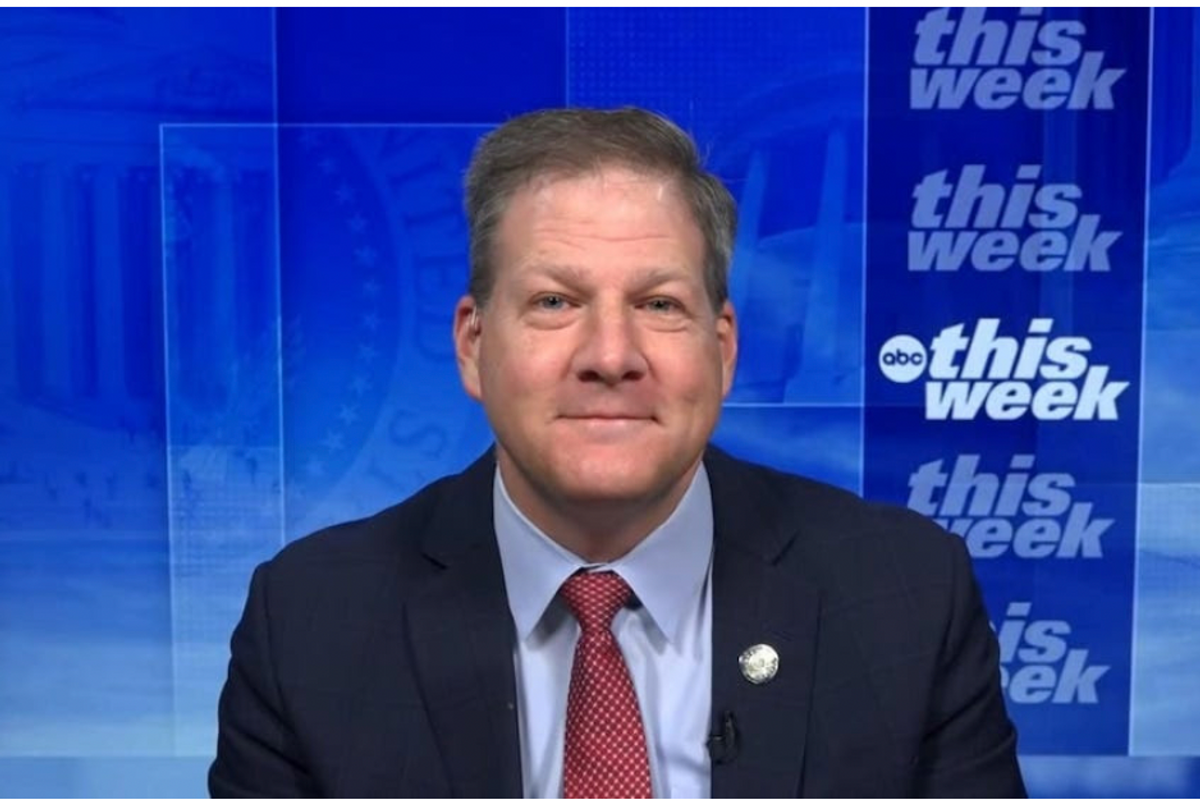Washington (AFP) – Lambasted as a “do-nothing Congress,” American lawmakers wrap up a miserable year having shut down the government and failed to pass key legislation, while still facing huge challenges in the closing weeks of 2013.
A divided Congress like the one Americans have today fosters underachievement, but this year is particularly woeful. Congress has passed just 55 non-ceremonial laws so far, putting 2013 on track to be the least productive year ever.
And with the House scheduled to go on break from the end of this week until January, lawmakers face a herculean task to reach a 2014 budget deal, settle on defense spending and approve a massive farm bill.
Among the most pressing issues: President Barack Obama wants his nominee for new Federal Reserve chair, Janet Yellen, and Homeland Security secretary nominee Jeh Johnson, confirmed by the Senate as soon as possible, along with several stalled judicial nominees.
“We may really have to work the next couple weekends,” Senate Majority Leader Harry Reid said Monday as the chamber returned from a two-week recess.
“I hope Republicans and Democrats can put aside our differences and work together.”
And yet the partisan feuding has nearly cleaved Washington in two this past year.
Fueled by their anger over Obama’s health care law, many Republicans refused to accept a budget agreement in September unless it placed limitations on so-called Obamacare.
The impasse resulted in a 16-day government shutdown — and the narrow avoidance of a debt default came to be considered a victory in deeply divided Washington.
Last week, House Democrat Dina Titus bemoaned the “staggering list of unfinished business.”
Instead of focusing on getting important legislation enacted, House Republican leaders “have gutted nutritional programs, voted to repeal health care reform 43 times, and shut down the government in a fit of pique,” Titus said on the House floor.
While the Democrat-run Senate has passed major legislation including comprehensive immigration reform, a measure banning workplace discrimination, and a farm bill laying out nutritional and food policy for the next decade, House leadership has yet to bring those bills to a vote. The failure comes even though lawmakers from both parties acknowledge they would likely pass.
Even the defense spending bill is in jeopardy of not passing on time for the first time in 52 years, although lawmakers announced a deal Monday which could see the measure pass the House and Senate by next week.
Asked last week about the current Congress being the least productive ever, House Speaker John Boehner insisted his chamber was in order.
“Whether it’s the economy, whether it’s jobs, whether it’s protecting the American people from Obamacare — we’ve done our work,” Boehner told reporters.
The Senate has stalled on House bills as well, including toughened Iran sanctions and a proposal to build a major oil project, the Keystone Pipeline.
Complicating matters in the final weeks of the year, the Senate was on the verge Monday of introducing new economic sanctions on Iran.
Secretary of State John Kerry heads to Capitol Hill Tuesday seeking to convince lawmakers to hold off on any new penalties in order to allow ongoing negotiations over Iran’s nuclear drive a chance to work.
Lawmakers are meanwhile finalizing what is shaping up to be a modest budget agreement for 2014 and 2015.
With a stop-gap budget part of the deal to reopen government in October, the warring parties were tasked with crafting a more comprehensive agreement.
The deal would not reduce the deficit, address entitlement reform or close tax loopholes. But aides say it aims to include some suspension of automatic spending cuts known as “sequestration” that have crippled agencies like the Pentagon.
Perhaps most importantly, it ends — at least temporarily — the cycle of fiscal crisis that has engulfed Washington since the “grand bargain” budget debacle of 2011.
“I do think that when you have a divided government it’s always going to be ugly,” Democratic Senator Claire McCaskill told CBS Monday.
“You can’t really expect us to hold hands and sing ‘Kumbaya,’ because we all believe that we were sent (to Washington) with a different set of values and priorities.”


